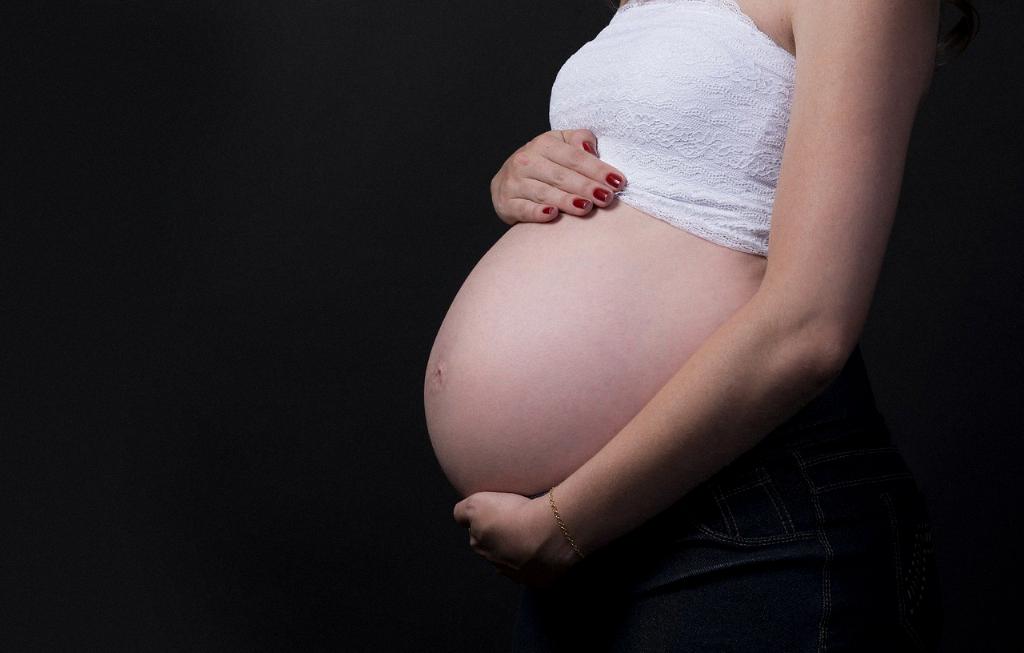With the ongoing COVID-19 pandemic, questions and concerns around the potential impact of the virus on pregnancy and birth defects have been at the forefront of many individuals’ minds. One common inquiry that arises is whether COVID-19 can cause birth defects. Let’s delve into this matter further to gain a better understanding.
Exploring the Background Risk of Birth Defects
It’s essential to recognize that every pregnancy begins with a baseline risk of 3-5% for experiencing a birth defect. This inherent background risk is present irrespective of external factors such as infections or environmental exposures.
Reviewing Studies on COVID-19 and Birth Defects
Studies examining the potential link between COVID-19 infections during pregnancy and birth defects have indicated that the virus does not appear to elevate the likelihood of birth defects beyond the established background risk. While more research is continually being conducted in this area, current findings do not suggest a significant increase in birth defects associated with COVID-19.
Considering the Importance of Prenatal Care
Nevertheless, it is crucial for individuals who are pregnant or planning pregnancy to prioritize regular prenatal care and consultations with healthcare providers. Through these essential check-ups, any potential risks or concerns can be promptly addressed and managed effectively.
Emphasizing Precautionary Measures
Given the uncertainties surrounding COVID-19 and its impact on pregnancy, taking preventive measures to reduce the risk of exposure to the virus is paramount. Adhering to guidelines such as wearing masks, practicing hand hygiene, and maintaining physical distancing can help safeguard both maternal and fetal health.
Consulting Healthcare Professionals
Individuals who have specific concerns or questions regarding COVID-19 and its potential effects on pregnancy should seek guidance from healthcare professionals. Obstetricians, gynecologists, and other specialists can provide tailored advice and support based on individual circumstances.
Addressing Mental Health and Well-being
It is not uncommon for individuals to experience heightened anxiety or stress regarding the impact of external factors such as infectious diseases on their pregnancy. Prioritizing mental health and well-being through relaxation techniques, mindfulness practices, and open communication with loved ones can help alleviate undue concerns.
Staying Informed and Updated
As research surrounding COVID-19 and pregnancy continues to evolve, staying informed about the latest recommendations and findings is essential. Reliable sources such as public health authorities and reputable medical websites can provide up-to-date information to guide decision-making.
Supporting Each Other
During these challenging times, fostering a sense of community and support among pregnant individuals, families, and caregivers is invaluable. Sharing experiences, offering empathy, and seeking assistance when needed can help navigate uncertainties and promote overall well-being.
Conclusion
While concerns may arise regarding the potential impact of COVID-19 on birth defects, current evidence suggests that the virus does not significantly increase the risk beyond the background level. By prioritizing prenatal care, taking precautionary measures, seeking professional guidance, and nurturing mental well-being, individuals can navigate their pregnancy journey with informed decision-making and support.

